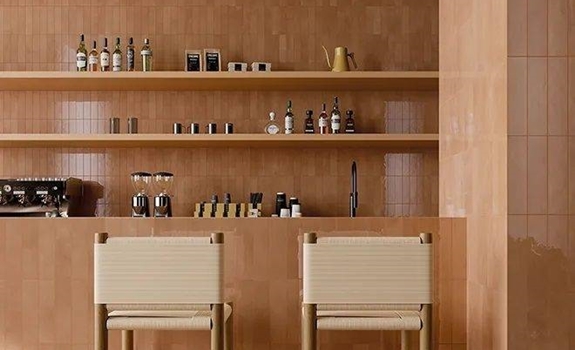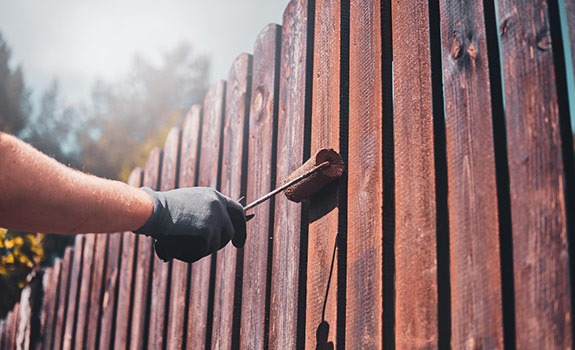If you’re just beginning to experience the troubles that come with hard water, it may be surprising to you that 90% of US households deal with hard water problems.
Hard water is by no means a major concern for your health and wellness, with a minor risk of skin irritations. However, the issues come with the nuisance it creates with plumbing pipes, in the form of long-term corrosive damage. Over time, corroded pipes can pollute the water by leaching metals and toxic chemicals into it.
The sooner you learn how to manage the issues associated with hard water, the better it is for your home’s plumbing! That way, you’ll no longer have to deal with rusty pipes, skin irritation, or having an icky-feeling film on your skin after a shower.
Let’s begin!

#1 Boil ‘temporary’ hard water
Temporary hard water mostly contains calcium bicarbonate. Boiling it can precipitate out the dissolved minerals from it, removing calcium content, resulting in softer water. It’s a cheap and quick way to fix temporary hard water to make it safer for consumption. But bear in mind that boiling doesn’t address permanent hardness in water, as that consists of dissolved calcium sulfate which doesn’t go away by boiling.
#2 Fighting ‘soap scum’
Hard water minerals can react with soap’s chemical content, resulting in ‘soap scum.’ It’s also called lime soap, and it’s the dried solid white build-up that you generally find on water fittings and fixtures. It can easily accumulate over time on drains, tubs, sinks, shower doors, and tiles.
It forms due to the calcium atoms in the water that are positively charged, and prevent soap molecules from dissolving. These undissolved soap molecules then accumulate and attach to the surfaces they come into contact with.
To tackle this particular hard water side effect, you can easily find cleaning formula or aids designed for it. These products consist of a solution that counters positive atoms of calcium in hard water, and make it easier to rinse the soap away, preventing soap scum formation.
#3 Consider magnetic water conditioners
Here’s one of the coolest water softening methods out there; magnetic water conditioners! They use a magnetic field to condition water, changing the properties of water’s impurities. These alterations generally cause mineral ions to break away from one another, which makes it less likely for water to form limescale on surfaces.
#4 Use washing soda while doing the laundry
As washing soda is a chemical type that consists of sodium carbonate (carbonic acidic salt), it can help soften temporary and permanent hard water. It’s one of the best techniques you can use to counter laundry-related problems of hard water, making it softer and easier to lather up.
#5 Fight hard water stains with distilled white vinegar
Calcium’s pH level is higher than 7, making it naturally alkaline. Acids can help neutralize hard water’s calcium content, and white vinegar is a great example, with a pH level as low as 2.5. However, this water softening solution is only used for cleaning or handwashing clothes, as adding lots of vinegar to your drinking water is clearly not the best idea.
Published in: Home advice | Author: Lynn






